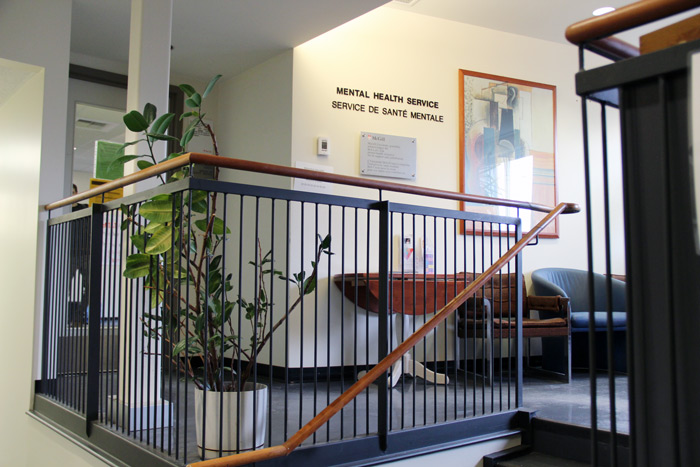Living through a pandemic is mentally demanding, if not extremely jarring. Concerns over a parallel mental health epidemic have prompted international organizations and the Government of Canada to funnel resources into virtual mental health services. On May 3, Prime Minister Justin Trudeau announced a $240 million investment to support virtual mental health and well-being facilities. While virtual replacements for mental health care have also been the alternative of choice for McGill, the distressing uncertainty looming over students calls for a revised approach to student support during this time of crisis.
Students, who are central in Canadian mental health policies, have been impacted by the pandemic in unique ways that include financial anxieties due to cancelled internships, recalled exchange semesters, reduced access to harm reduction care, and graduate education disruptions. These distinct problems are compounded in cases of domestic abuse, and worries related to the safety of family and friends who are exposed to or battling COVID-19, among other issues. Furthermore, international students face additional precarity because they are ineligible for government emergency benefits, and many find themselves stranded in Canada without the financial means or government permissions to safely travel back to their home countries.
McGill’s strategy of shifting health services online precludes access to certain types of mental health care, such as addiction treatment. Moreover, McGill’s dismal track record in delivering accessible in-person mental health services foreshadowed an inadequate virtual revision in the wake of the pandemic. The McGill Student Wellness Hub is providing services in the form of webinars, group counselling, and meditation sessions, as well as free and unlimited access to online counselling for all undergraduate and postgraduate students through the mobile application, Keepme.SAFE.
While deteriorating mental health is arguably the most common experience as students live through the pandemic, mere virtual replacements of mental health services cannot sufficiently handle the great volume and variety of mental health issues that have become prevalent with the COVID-19 outbreak. The problems caused by the pandemic are neither predictable nor easy to solve. This fact renders virtual alternatives imperfect replacements, and cases where students are dealing with abuse at home, dwindling motivation, unemployment, and other hard-to-resolve situations highlight their inefficiency.
Though many of the shortcomings of virtual care are inevitable, McGill has displayed patterns of institutional inadequacy in providing accessible mental health services. Insofar that equity applies to everything from internet access and the ability to safely self-isolate, it is worthwhile to devise solutions that do not leave anyone behind. McGill should seize this opportunity to permanently expand its existing resources instead of contracting them by continuing to provide free access to Keepme.SAFE, promoting mutual and community aid programs, and setting up student-run endeavours for issues such as anti-racism support.
At the heart of this approach lies recognition that the responsibility of mental health exists beyond educational institutions. This is particularly true when the effects on individuals and communities seem palpable and more relatable. During such times of collective grief, mental health support needs to exist materially within communities, as individuals possess a greater capacity to alleviate the suffering of their community members.
In a student context, this principle manifests in reaching out to teaching assistants and professors who have generously extended deadlines as you figured out where to live after April 30. It includes expressions of gratitude on r/mcgill and abandoning awkwardness toward bitter housemates. Likewise, it may entail offering to do groceries for neighbours who are fearful of venturing out of your apartment building, or even ordering take-out from your local Asian restaurants impacted by business closures and xenophobia.
COVID-19 necessitates rethinking how mental health issues can be dealt with and, most importantly, who can provide mental health support. Student wellness at McGill should adapt and combine institutional and community responses to meaningfully mitigate the pressures of what are among the most mentally fatiguing times of our lives.









